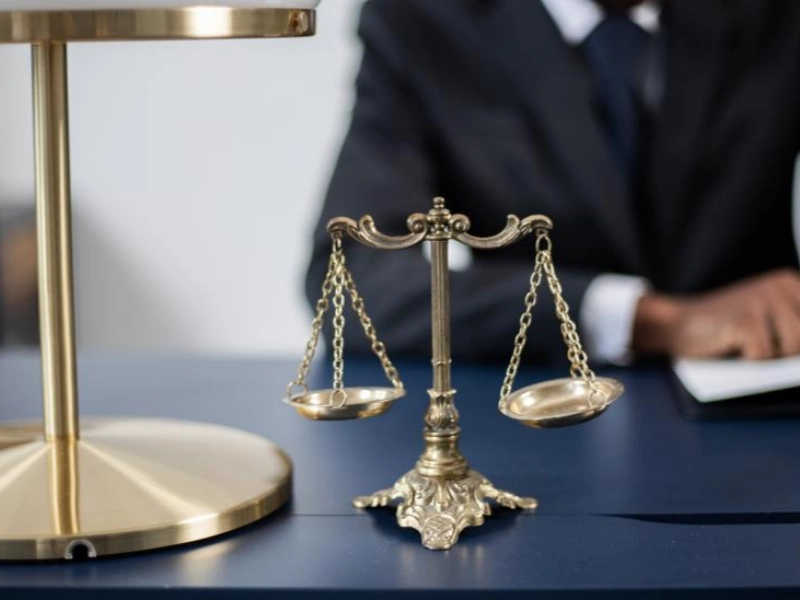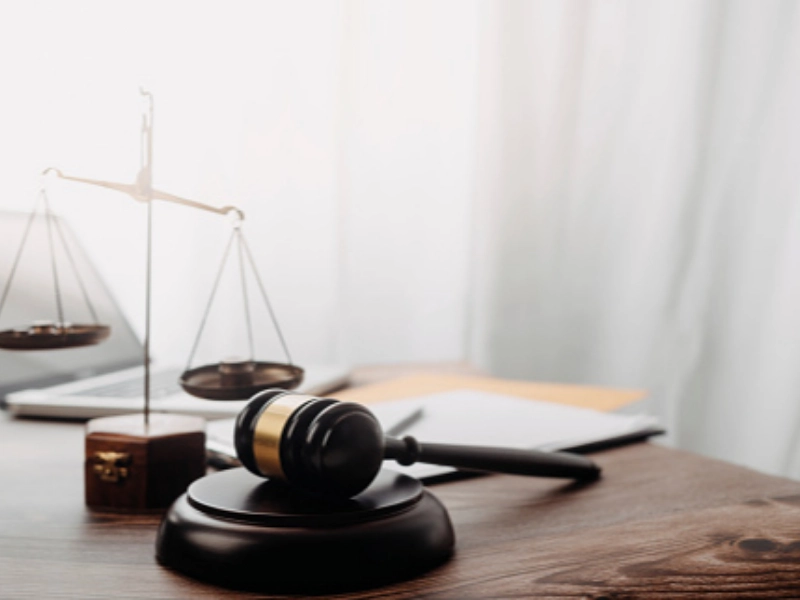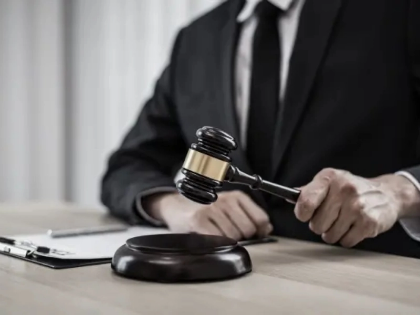To address these challenges, legislators, community leaders, and the general public have options at every stage of the justice system. This pamphlet provides an overview of a few important reform areas.
Local law enforcement

Despite its fluctuating popularity, community policing is still an effective tactic for fostering trust between the public and law enforcement. It encourages police officers to dedicate time to community service projects, foot patrols, and counseling victims of crime. By providing communities with information about police rules and processes, it also aims to improve transparency.
Although these initiatives won't deal with more general structural problems, they can support the development of community and law enforcement trust. In the end, this will lead to an improved criminal justice system that encourages equity and safety.
But the demand for reform goes beyond enforcement. For instance, Congress ought to do away with mandatory minimum terms and give judges back control over sentencing. Additionally, they ought to lessen the 18:1 difference in penalties for crack cocaine versus powder cocaine. Lastly, only the most dangerous inmates should be kept in solitary confinement; the practice should be discontinued. By doing this, you can guarantee that everyone is treated equally and reduce the likelihood of going to jail.
Substitute punishment

Alternative sentencing involves rehabilitation-focused programs that strike a balance between justice and therapy, as opposed to the traditional punishment of incarceration. Probation, community service, and obligatory enrollment in suitable mental health or drug abuse treatment are a few examples of these programs. If a client is eligible for an alternative punishment in their community, a criminal defense attorney can assist in determining that.
This is a crucial step in resolving the severe racial imbalances in our legal system brought forth by years of "tough on crime" legislation. Working to lower the jail population and address the budgetary implications of mass incarceration are also essential. The objective is to design a system that is equitable and economical.
Delete

A criminal record often prevents a person from finding a job or housing and might follow them for the rest of their life. Numerous states have passed legislation to seal or expunge convictions in order to lessen the impact of records. This is a big step in the right direction to lessen collateral consequences—the long-term ramifications of criminal activity.
Another area of criminal justice reform that is being focused on is sentencing reform. Many people believe that the current sentencing rules are harsh and discriminatory based on race. They play a major role in the overcrowding of the American prison system, also referred to as mass imprisonment.
Community sentences should be used more frequently in jail to help ex-offenders become better prepared to reintegrate into society. This is an essential part of recovery and reintegrating into society. Key assistance in this area can be provided by UNODC, which can help with interventions to support the creation of social and community reintegration programs inside prisons as well as community-based services that provide a continuum of care for ex-offenders.
Justice is restored.

Restorative justice, a non-punitive approach to criminal punishment, focuses on meeting the needs of people who have been injured by crime. It aims to protect criminals' dignity while holding them accountable and making restitution. Additionally, it lowers recidivism and increases neighborhood safety. It is being used more and more to address the injustices in our criminal justice system in the US and around the world.
The President is still collaborating with citizens across the country the country to improve the fairness and intelligence of our legal system. His plans call for decreasing the usage of solitary confinement, decreasing the rate of incarceration, increasing parole for the elderly and medical conditions, changing compassionate release guidelines, and removing minors' lives without parole.
The ACLU seeks to combat overly harsh policies and practices that lead to mass imprisonment, overcriminalization, and racial injustice at the front end of the criminal justice system. Our work addresses the following topics: restorative justice, prison reform and alternatives to incarceration, prosecution services, the judiciary (the courts), police reform, and access to legal defense and legal assistance.
Recommended Reading: How Federal Student Loan Applications Are Made
























Transparent about unknowns.
This could be a checklist.
Fosters shared vocabulary roots.